
How many people still don’t have drinking water in their homes? Do we use public transportation or personal cars more to go to work? These are just two of the questions that we’ll be able to answer with the XI National Census and the VII Housing Census.
Between June 8 and 28, each house in the country will be visited by a person who will ask for information about their house and about those who live there. The information collected is the most important assessment in the country, which is scheduled to be updated every 10 years.
Although it was planned for 2020, the National Institute of Statistics and Censuses (INEC), in charge of conducting it, postponed it due to the coronavirus pandemic. The most recent one available was done in 2010 and published in 2011.
Now the institution intends to collect information from 1,800,000 homes and approximately 5,200,000 inhabitants throughout the national territory. In Guanacaste, there will be about 370,000 people and 155,660 homes.
In addition, this will be the most technological census in history. Census takers will collect data in real time through a phone application that will also geolocate each home. Even without internet access, the app will save the data and update it as soon as it has a connection.
Since the census is done using a phone app, INEC expects to receive some 10,400 interviews every half hour. The institution has proposed having the first results in the last quarter of this year. Full results won’t be available until the first few months of 2023.
But what can I expect during the days of the census? How do I know that the interviewer isn’t a scammer? What information will they ask me and what data should I not share with them? We talked to INEC’s spokesman, Edgar Diaz, to give you all the details:
1. Why is the census so important?
The data will be key for the country’s institutions, companies and organizations to know how people live and the condition of their homes: access to water, electricity, a toilet and technology. The questions also allow us to find out if people attend school, the means of transportation they use, their level of schooling, if they are employed and if they are immigrants.
According to that information, projects and public policies will be proposed to improve the population’s quality of life.
2. Who will participate in the census?
The census takers will visit every home and collect information from everyone residing in the country, regardless of whether you are Costa Rican or a foreigner, and regardless of your immigration status.
Now, if you are a foreigner, you must have lived in the country for more than six months or, if you’ve been here for less time, you need to have plans to stay for at least six months.
Your personal information won’t be at risk because all the data that INEC collects is confidential and anonymized. In other words, although they will ask you for your name and identification number, no other entity will be notified of that information. You can also tell them that you don’t have an official ID.
3. How do I verify that the person who comes to my house is really a census taker?
They will wear a gray and blue vest with the INEC logo. In addition, they will carry a card with their name and identification number. If you want to verify if the person who comes to your house is really an interviewer, you can call line 1421 or send a WhatsApp text message to 8302-0505 and provide their name and ID number. That call center will tell you if the person is actually registered and which area they are authorized in.
According to Diaz, all census takers will apply health measures such as the use of a mask, hand sanitizer and distancing. They should not ask permission to enter your house.
Another important thing is that they will work from Monday to Saturday, eight hours a day. They will usually start at 8 a.m. or a little thereafter but the cut-off time for finishing the day’s shift is 7 p.m.
4. What information will they ask me and what should they not ask me?
You can see the complete questionnaire here, but in general, they will ask about the general condition of the home, the materials with which it is built, access to basic services, schooling and how you get to schools and work.
They will also consult you about personal circumstances including disability, identification with ethnic groups and indigenous groups and if someone who belongs to your household has migrated to other parts of the country or to other countries.
They will not ask you questions related to your bank accounts or monthly income, or any other type of sensitive information.
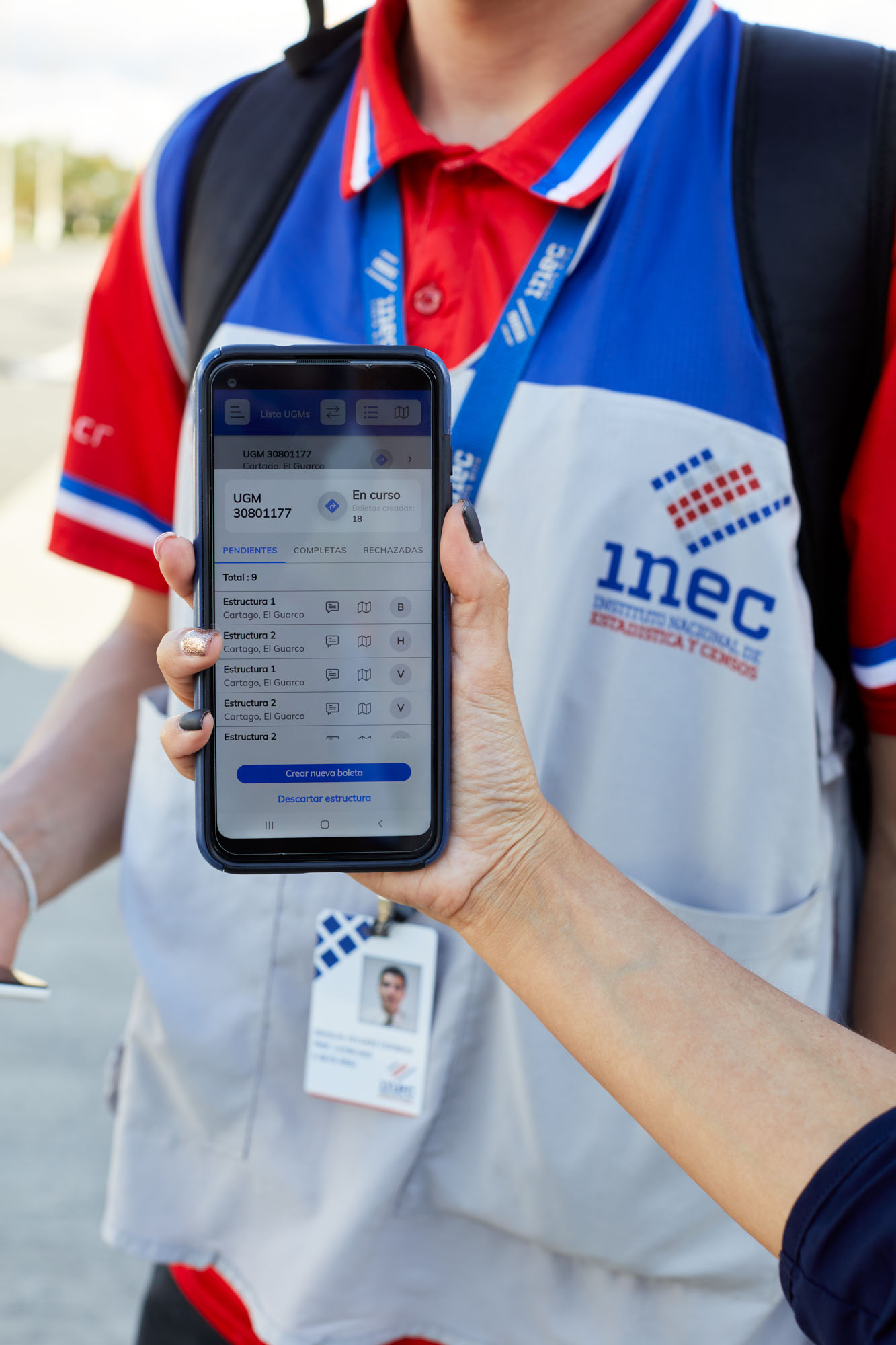
The data will be uploaded in real time to INEC’s information collection system. Even if the interviewer doesn’t have internet access, the information will be saved and uploaded when the person has a connection. Photo: INEC
5. Will we have data on sexual diversity?
In this edition, INEC will not ask about subjects associated with sexual diversity. According to Diaz, although the institution did consider it, they concluded that the census was not the ideal instrument to find out about gender identity and sexual orientation.
“In this census, people will not be asked about their sexual preference (orientation) or what gender they identify with,” the official specified, adding that the census taker will ask if the person is a man or a woman and will note each person’s response accordingly. The other option beyond the two traditionally conceived sexes is only “no response.”
“There is a respect for self-perception,” said the official. “We have a line marked to have information on LGBTIQ people. However, that will be in later surveys,” he added.
6. I heard that there is a self-census, so can I do it online on my own?
No. The self-census will only be allowed for those people who are not at home at the time the interviewer arrives.
In those cases, they will leave a piece of paper with a code and instructions on how you can complete the self-census online. They will also leave their phone number, in case you choose to call them and coordinate the visit to do the census in person.
7. Are there new questions that haven’t been taken into account in previous editions?
Yes. According to Diaz, on this occasion, they included questions about health safety, for example, if there is a sink in the home or if they use soap to wash their hands. There are also inquiries about the care of elderly and minors, and disability conditions.
Something else that’s new is the subject of technology use and mobility: what means of transportation do you use to go to school and to work?
8. I live in a place that’s hard to access (due to distance or because it’s a condominium). What guarantee do I have that they will get here?
INEC has already studied the conditions of accessibility to certain areas through key people in the communities whom they call census agents. These people verify the places that are hard to access and locate people who will provide services to get there, from ferries and fishing boats to horses and people from the places who can go with the census takers.
“There are some places there in Guanacaste where we get to an estuary, we walk along the beach, we wait for the tide to go out, we go to the place, we do the census and we have to return before the tide rises,” Diaz described, adding that they also do tours to the islands.
Now, if you live in a condominium or in a place with restricted access, INEC contacted the administrations of these types of residences to coordinate how they will do the census. In some cases, they will allow the census taker to enter. In others, they will do so through the online self-census.
The INEC official admitted that they are still coordinating with other condominiums and residences. “We’re calling for them to open the door for us because we’re interested in learning about living conditions and the needs of those who live in a condominium,” said Diaz.
9. What if I don’t speak Spanish?
INEC put together the questionnaire in three languages: Spanish, English and Mandarin. If the person who visits your home doesn’t speak your language, they will reschedule a visit with someone who can communicate with you.
10. After June 28, if no one came to my house to do my census, is there anything I can still do?
If no interviewer contacted you by June 28, INEC will keep line 1421 and WhatsApp 8302-0505 set up so you can call and find out how they will proceed in your case.
Bonus: Could the results of the census change the number of legislators per province for upcoming terms?
Yes, the census data will update political representation in several dimensions: from the number of municipal council members per canton to the legislative seats per province. That will eventually be announced by the Supreme Electoral Court (TSE for the Spanish acronym).
Visit this link if you want to see a copy of the questionnaire and this link if you want to know the purpose (in Spanish) of each section of questions.


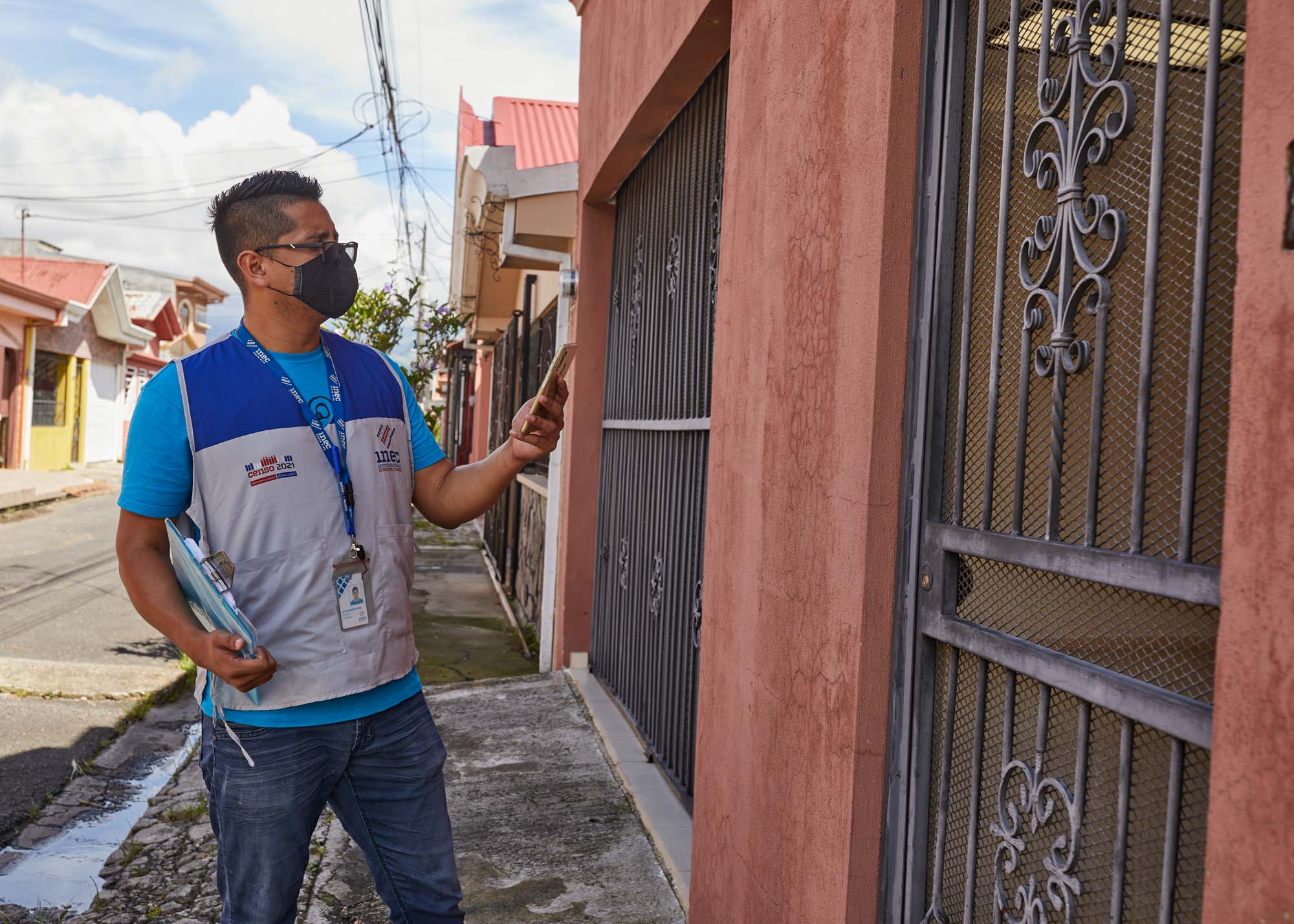
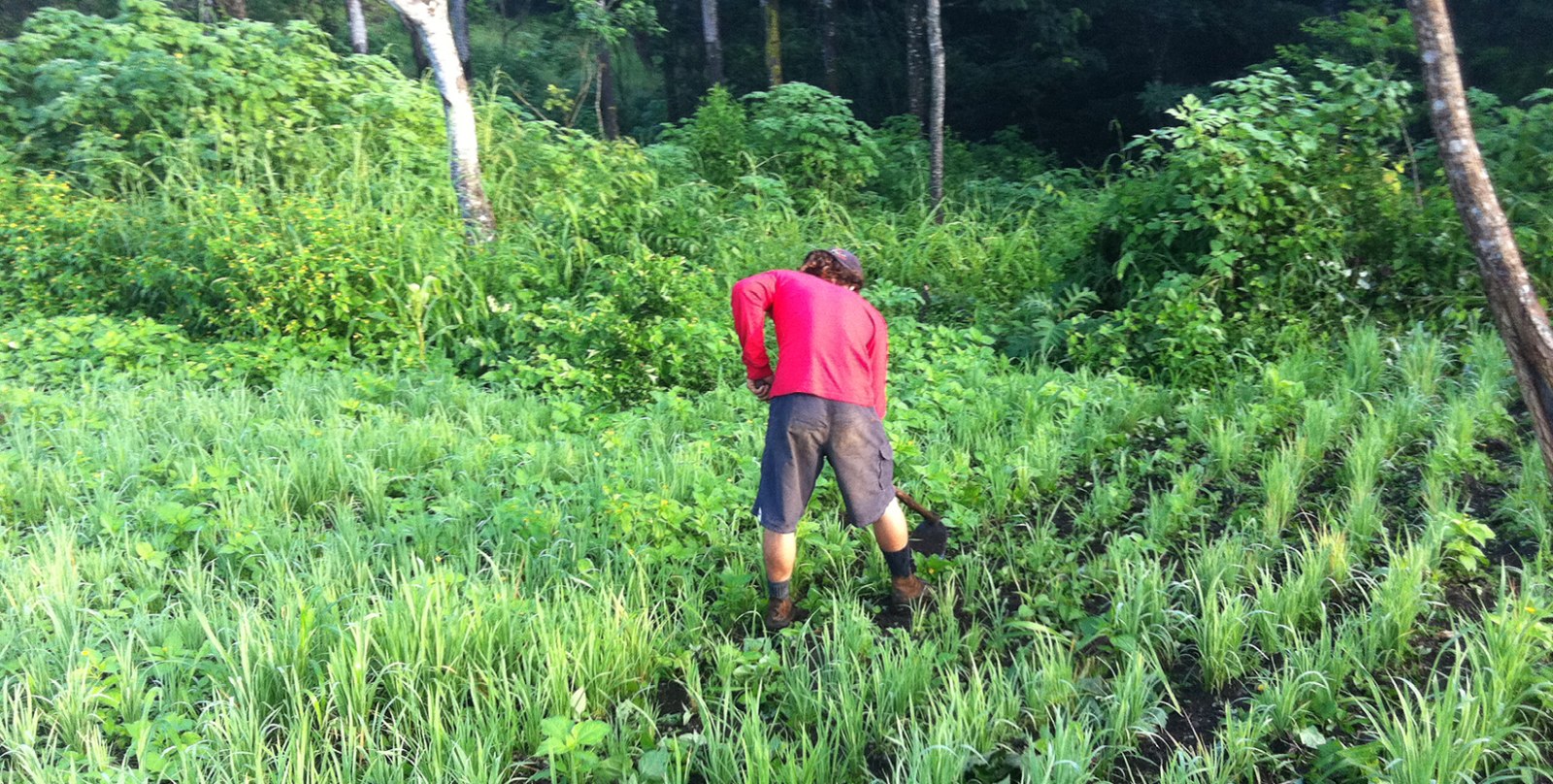
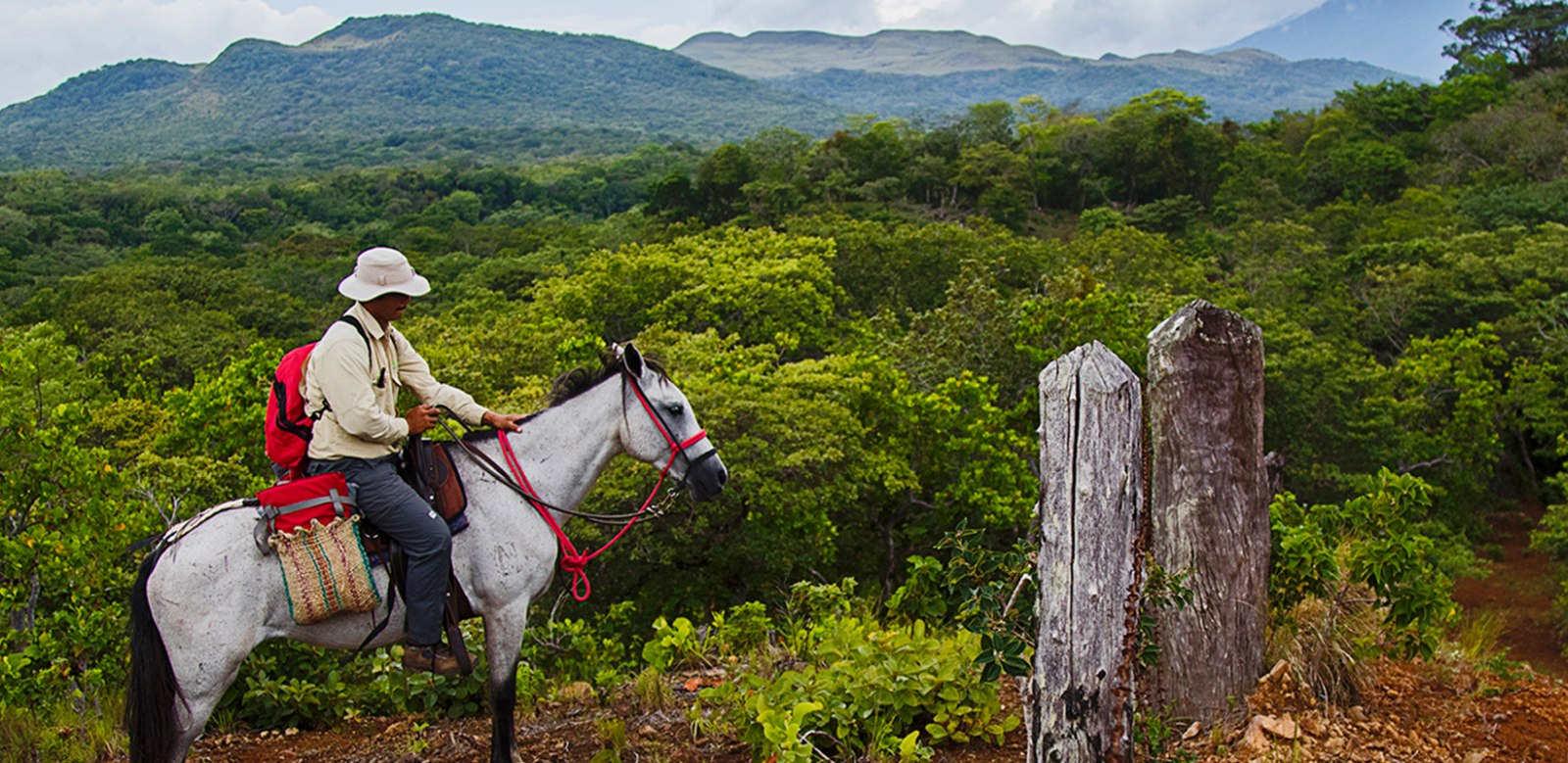
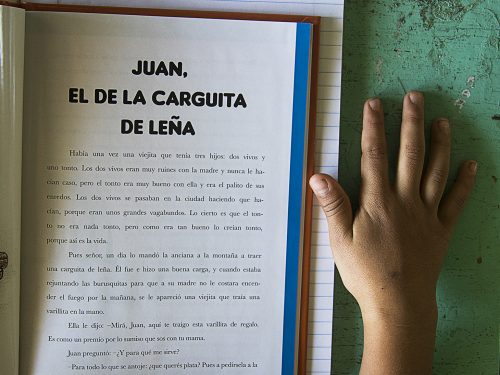

Comments